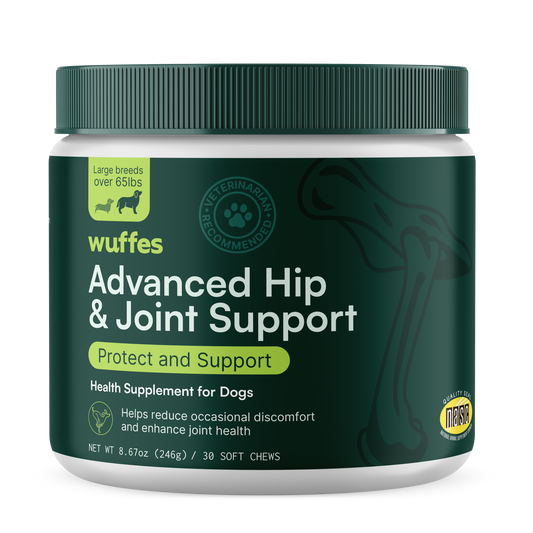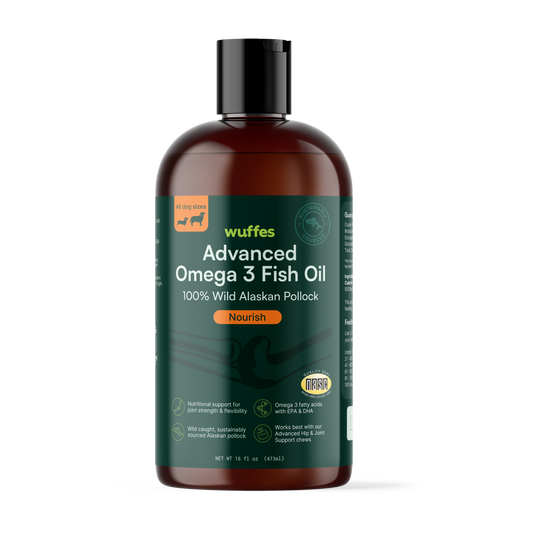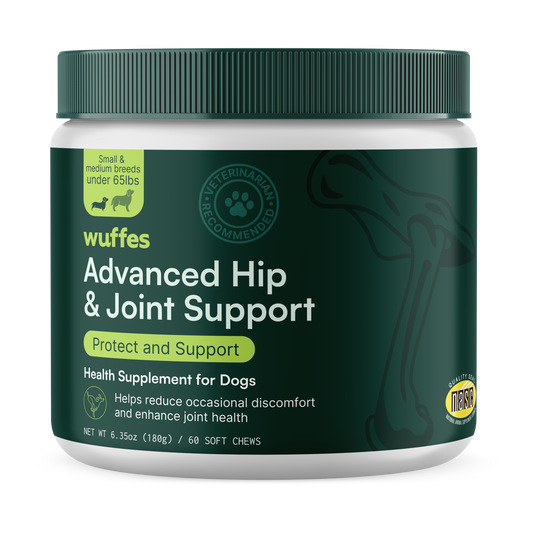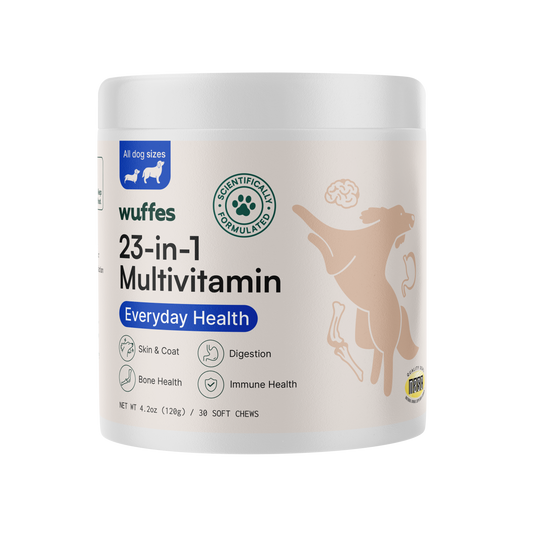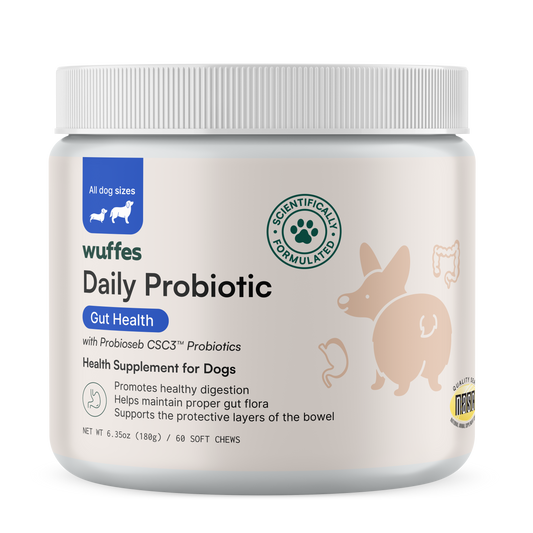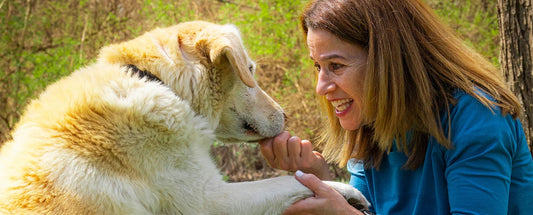Despite the millions of dog parents, many misconceptions about proper dog care persist. While some myths are harmless, others can negatively impact a dog's health. Understanding the truth behind these myths is essential for ensuring a healthy and happy life for your furry friend.
What is the truth behind myths about dogs?
-
Dogs’ Teeth Don’t Need to Be Brushed
Some believe that a dog’s mouth is cleaner than a human’s, making dental care unnecessary. This is a misconception! Experts recommend brushing your dog’s teeth at least three times a week. Neglecting dental care can lead to serious dental issues and bacterial infections. -
Dogs Should Never Eat Human Food
While it’s true that certain human foods are harmful to dogs - like chocolate, coffee, grapes, and raisins - many human foods can be beneficial. Dogs can benefit from certain nutrients found in human foods, such as red meat for chondroitin, which supports joint lubrication, and fish for Omega-3 fatty acids, which provide joint nutrition and help support skin and coat. -
You Need Accessories to Train Older Dogs
There’s a wide range of training accessories available, with many claiming they are essential for training older dogs. This is not necessarily true. With dedication, patience, and a few treats, you can effectively train older dogs without relying on expensive accessories. -
Dogs Don’t Need Food Supplements
Some people believe that food supplements can harm dogs and advocate for an entirely organic diet. However, many nutrients vital for dogs can only be found in foods that may not be suitable for them. Multivitamins can provide these essential nutrients in a digestible form. For instance, biotin, which can help support dry, itchy skin, is often found in avocados, a food that may upset a dog’s stomach. Therefore, supplements can play an important role in your dog's health. -
Dogs Can Heal Their Own Wounds by Licking Them
This is a myth! While dogs may lick their wounds to alleviate discomfort, their saliva does not treat the wound. In fact, licking can introduce bacteria and fungi, leading to infections. It's crucial to treat your dog’s wounds promptly to prevent complications.
Conclusion
Raising a pup can be challenging, and as loving pet parents, it is our duty to research and understand the facts behind these common myths. By dispelling these misconceptions, you can ensure that your dog enjoys a healthy and fulfilling life.

